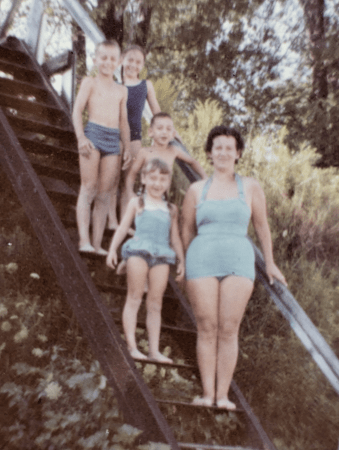Then Jesus was led by the Spirit into the wilderness to be tempted by the devil.
–Matthew 4:1 (NIV)
I know how it happened to Jesus,
human as he was,
just like me.
The tempter came as a thought
in Jesus’ head, in Jesus’ voice,
naming old beliefs
from an old story
passed on from people he trusted,
reinforced by his experience
whenever he encountered hunger, doubt or powerlessness.
Feed yourself; God isn’t coming.
No one will believe who you are unless you do something spectacular.
Collude with the powerful, and then you’ll have power.
Turn your enemies into friends, and then you’ll be safe.
Matthew, Mark and Luke don’t spell it out for us
but how could it have been real temptation
unless the tempter got under Jesus’ skin?
I know how temptation works.
Three times since Lent began
I was invisible.
Three times I had to speak up
to be seen, heard and allowed a voice.
Three times I was tempted
to believe I should sink back into obscurity
or get tangled up in proving
I wasn’t invisible.
I didn’t sink.
I got angry
and blamed these people for being so thoughtless.
Seeing my anger and blame tipped me off,
let Spirit in.
She asked,
Why are you so angry?
Why do you blame them for being human,
for acting unintentionally.
Then I realized
it wasn’t what they did
it’s how I took what they did
as a confirmation of an old belief.
They weren’t telling me this story;
I was telling it to myself,
and I was tempted to keep believing it.
But I didn’t have to.
Compassion came
for them and for me.
That’s how the angels comforted me.
You are seen, they said.
Your voice matters,
and we need to hear it.
Maybe that’s how it happened for Jesus in the wilderness.
No theatrics.
No easy deflection by a man of steel.
No test to pass or fail.
We assume
Jesus didn’t
feel hurt or struggle,
or need the Spirit, compassion
and time
to resist temptation.
We assume
God expects no less from us.
Perhaps that’s an old belief,
an old story
we don’t have to keep telling ourselves.
Then the devil left him, and angels came and attended him.
–Matthew 4:11 (NIV)























